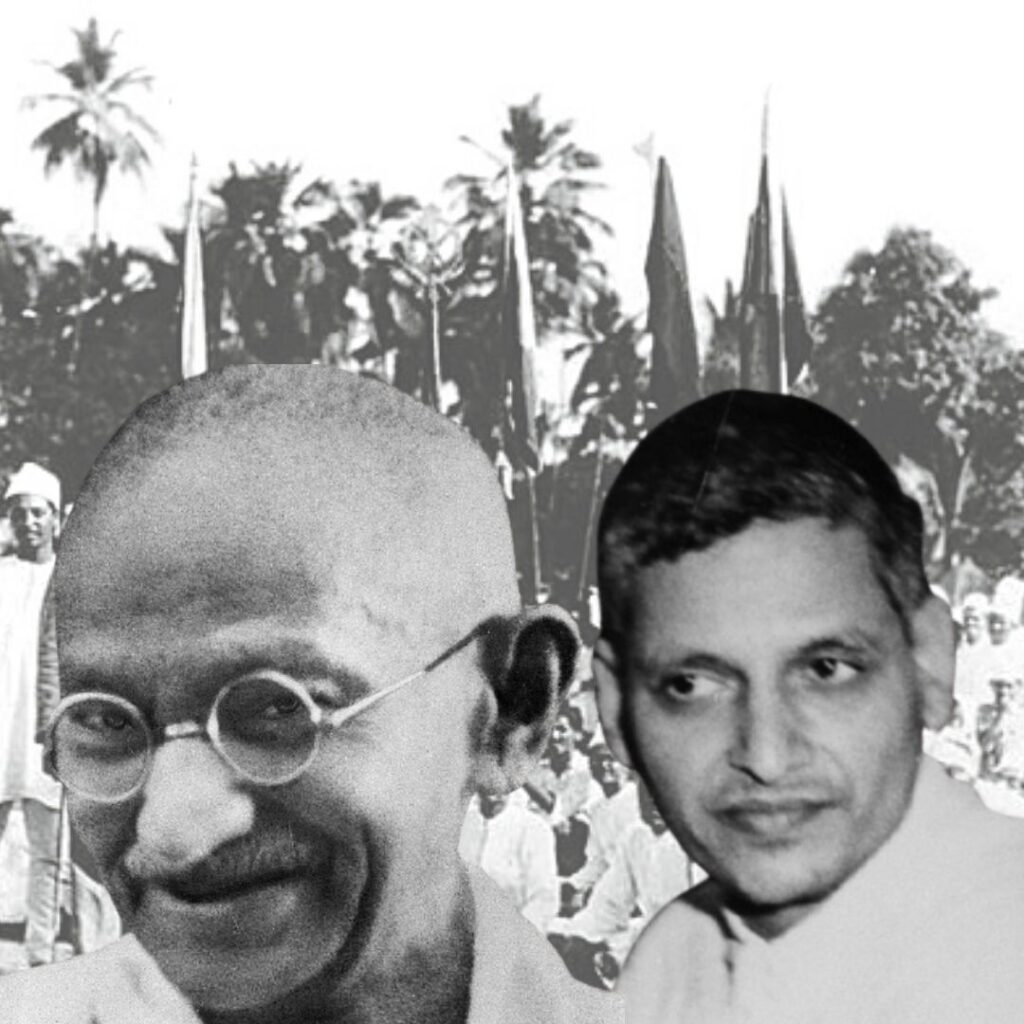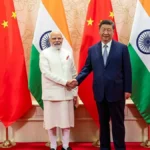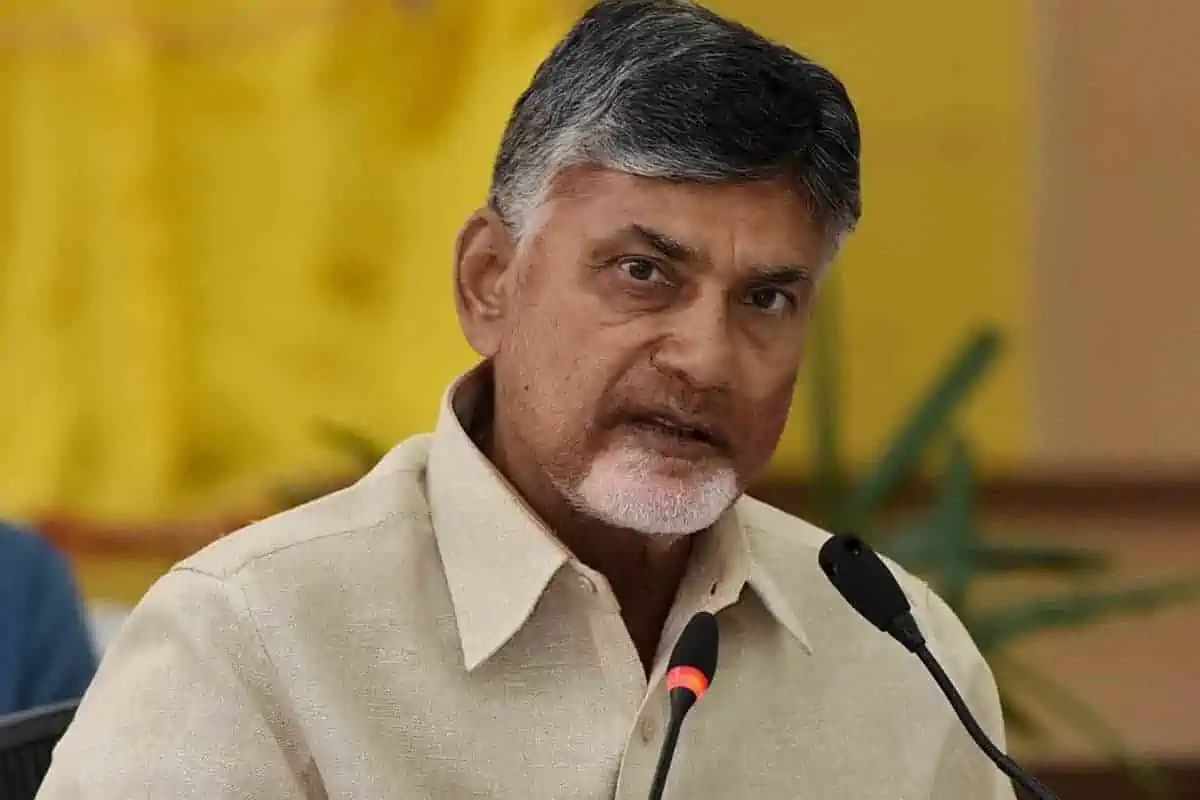Who Killed Mahatma Gandhi – Unraveling the Past
The assassination of Mahatma Gandhi, the Father of the Nation, remains a painful scar in India’s history. Aspirants preparing for various government exams, from civil services to banking, must delve into this significant event. This article aims to shed light on the historical context, its importance, and key takeaways that can aid students in their preparation.

Why This News is Important:
Understanding the assassination of Mahatma Gandhi holds paramount importance for aspirants across government exams. It reflects the complex socio-political dynamics of the time and provides insights into the ideologies that shaped India’s post-independence landscape. This incident serves as a stark reminder that even the most noble causes can face opposition and resistance, and its repercussions continue to resonate today.
Historical Context:
The year was 1948, and India had just achieved independence after a long struggle against British rule. The euphoria was marred by the shocking assassination of Mahatma Gandhi on January 30th. Nathuram Godse, a Hindu nationalist, was identified as the assassin. His motives were rooted in ideological differences and his opposition to Gandhi’s stance on various issues, including the partition and treatment of minorities.
Key Takeaways from “Who Killed Mahatma Gandhi”:
| Serial Number | Key Takeaway |
|---|---|
| 1 | Mahatma Gandhi’s assassination in 1948 by Nathuram Godse, a Hindu nationalist. |
| 2 | Godse’s ideological differences with Gandhi, including his views on partition and minority rights. |
| 3 | The impact of Gandhi’s death on India’s political and social landscape. |
| 4 | The relevance of non-violence as a principle in shaping India’s freedom struggle. |
| 5 | The lasting legacy of Gandhi’s teachings in the global fight for justice and equality. |
Important FAQs for Students from this News
Q: Who assassinated Mahatma Gandhi?
A: Mahatma Gandhi was assassinated by Nathuram Godse in 1948.
Q: What were Nathuram Godse’s motivations for the assassination?
A: Nathuram Godse’s motivations were rooted in his ideological differences with Gandhi, primarily concerning partition and minority rights.
Q: How did Gandhi’s assassination impact India?
A: Gandhi’s assassination had a profound impact on India’s socio-political landscape, sparking discussions about nation-building and the role of non-violence.
Q: What legacy did Mahatma Gandhi leave behind?
A: Mahatma Gandhi’s legacy includes his unwavering commitment to non-violence and his global influence on movements for justice and equality.
Q: How did Gandhi’s assassination shape global movements?
A: Gandhi’s assassination left a lasting impact on global movements for justice, inspiring individuals and groups worldwide.
Some Important Current Affairs Links

















